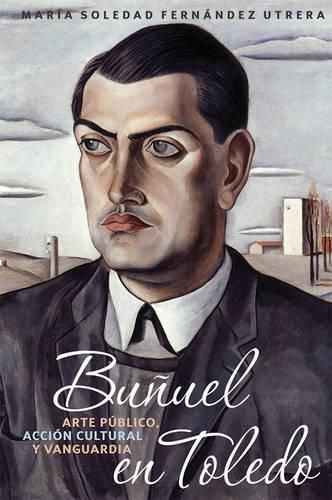Readings Newsletter
Become a Readings Member to make your shopping experience even easier.
Sign in or sign up for free!
You’re not far away from qualifying for FREE standard shipping within Australia
You’ve qualified for FREE standard shipping within Australia
The cart is loading…






In 1923, Luis Bunuel established the Order of Toledo, a parody order of knights whose members included Salvador Dali, Garcia Lorca, and Rafael Alberti. Together, they often visited the ancient Spanish capital to stroll through itslabyrinthine streets. But these excursions on the part of Bunuel and the Brotherhood were more than simple episodes of cultural sightseeing; they were happenings, public interventions in space.
This book explores the anti-artistic aspect of these activities and urban perambulations. Are these practices similar to the flanerie of the Dadaists and French Surrealists? Taking into account their liberal, Spanish context, what was new about them, and what did they mean? Does their aesthetic experimentation make for ideological radicalism? And what impact do these first steps have on Bunuel’s subsequent work and his later ideological trajectory?
Maria Soledad Fernandez Utrera is Associate Professor of Spanish at The University of British Columbia.
$9.00 standard shipping within Australia
FREE standard shipping within Australia for orders over $100.00
Express & International shipping calculated at checkout
In 1923, Luis Bunuel established the Order of Toledo, a parody order of knights whose members included Salvador Dali, Garcia Lorca, and Rafael Alberti. Together, they often visited the ancient Spanish capital to stroll through itslabyrinthine streets. But these excursions on the part of Bunuel and the Brotherhood were more than simple episodes of cultural sightseeing; they were happenings, public interventions in space.
This book explores the anti-artistic aspect of these activities and urban perambulations. Are these practices similar to the flanerie of the Dadaists and French Surrealists? Taking into account their liberal, Spanish context, what was new about them, and what did they mean? Does their aesthetic experimentation make for ideological radicalism? And what impact do these first steps have on Bunuel’s subsequent work and his later ideological trajectory?
Maria Soledad Fernandez Utrera is Associate Professor of Spanish at The University of British Columbia.